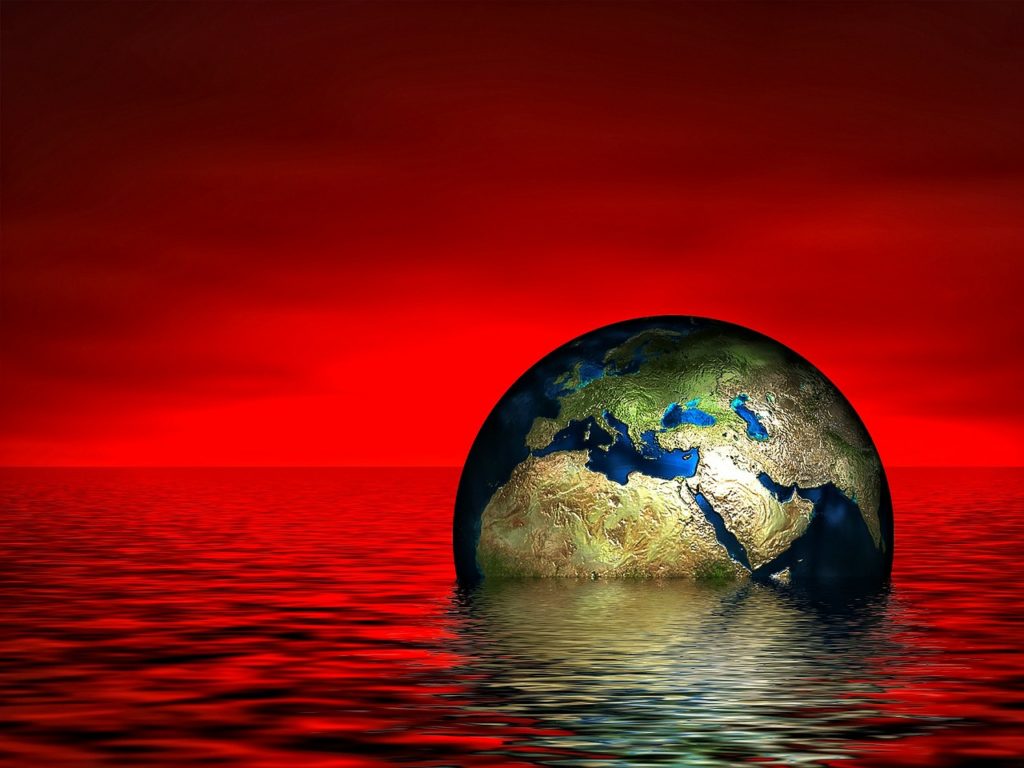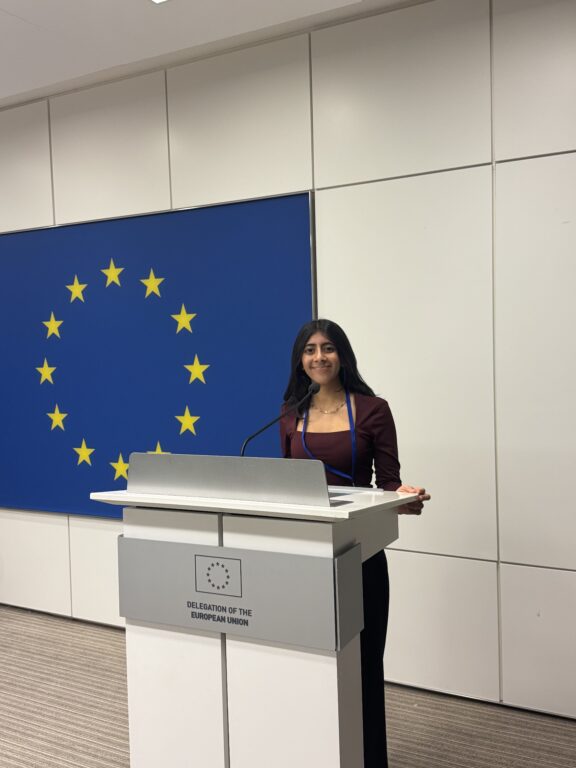
The ticking time bomb: climate change
By: Aarushi Dedhiya – 2021 Summer Intern
The hotter temperatures and destruction of our environment are proof that we can’t ignore climate change. Scientists continue to warn us that immediate action is needed to save the earth from catastrophic destruction.
Climate change is not a deception that will disappear after a few years, but it is a ticking time bomb. It is crucial to resolve this issue since it is ruining the land, oceans and ecosystems.
After visiting Alaska, I witnessed glaciers calving and sinking into the blue ocean. It occurred to me that the warming of glaciers has rapidly increased. Scientists state it is melting approximately two times faster than decades before. The calving and melting of glaciers result in a new dilemma — the rise of sea levels. In 140 years, the sea level has risen 8 inches, and scientists believe that by 2100, the sea level will become 1-8 feet higher.
High sea levels will have a drastic effect on coastal cities since more floods will be prominent. It will also erode coastlines by removing sediments. Based on these statistics, the arctic may disappear forever.
When I travelled to Hawaii, the ocean was filled with beautiful coral reefs and sea creatures, and I learned about the dangers of climate change on the ocean life. Oceans all around the world are warmer, which results in coral bleaching and endangering marine species. Scientists believe that 70% or more coral reefs will disappear in about 20 years. This can destroy many food chains and have countless other effects. In addition, oceans have become more acidic because of gasses like carbon dioxide in the atmosphere.
The ocean absorbs 30% of carbon dioxide leading to the deaths of sea creatures like oysters and shellfish. This has resulted in the continuous demolishing of ecosystems, and climate change has already started destroying around 70% of our earth — the oceans.
The heatwave headlines on the news display that climate change is damaging our lands as easily as our oceans. The excessive heat has resulted in dozens of tragedies in the United States this year and has caused numerous droughts and wildfires throughout the planet.
The rising temperatures reduce soil moisture and precipitation, which intensifies droughts. Also, the lack of precipitation, hot weather conditions and intense winds create treacherous wildfires. In the previous year, forest fires destroyed approximately 10.3 million acres of U.S. land, destroying habitats and endangering species.
Countries began noticing the disastrous power climate change holds, so in 1992 the United Nations Framework Convention on Climate Change (UNFCCC) was signed. By 1995, 197 countries had ratified the convention with a goal to eliminate human interference and reduce greenhouse gas emissions before climate change worsens. The convention endorsed the Kyoto Protocol that was replaced by the Paris Agreement on Dec. 12, 2015.
People disagree about the effectiveness of the Paris Agreement, but it has created global awareness of climate change and set a starting point to reduce it. But it will take centuries to stop climate change at the pace the treaty set. And we do not have that much time.
The United Nations Environment Programme states even if the goals of the Paris Agreement are met, earth’s temperature will continue to rise. It’s clear stronger actions must be taken to forestall catastrophe.
The Paris Agreement needs to set stronger restrictions on actions that contribute to climate change, and there should be strong penalties for countries that do not comply. Today, countries can emit colossal amounts of carbon dioxide without any punishments. And governments worldwide donate a total of $5.2 trillion to subsidize industries that burn fossil fuels, a prime cause of global warming.
We need governments to end these subsidies, get serious about stopping climate change. It’s the only way to defuse this ticking time bomb that threatens to destroy our world.
Aarushi Dedhiya wrote this opinion piece as an intern with the World Affairs Council of Harrisburg and the PA Media Group. It was published here.



